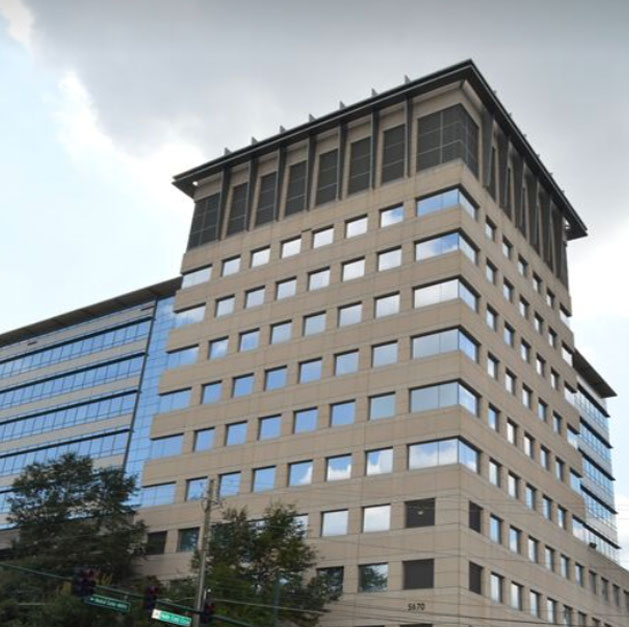You’ve got a sore throat, fatigue, loads of nasal congestion, and almost unbearable pain behind your eyes, cheeks and forehead. Ugh. You feel totally miserable. This sure doesn’t feel like your run-of-the-mill cold. And it probably isn’t.
These symptoms, along with a fever, coughing, postnasal drip, toothaches, ear pain, an aching jaw, bad breath, loss of smell, and a sore throat, are all indicators of a sinus infection (or “sinusitis”). While many of these symptoms can also be seen with a cold, it they continue for more than 10 days, it’s very likely to be a case of sinusitis.
Sinusitis is an inflammation (or swelling) of your sinuses—the bony cavities found behind your nose, eyes, brows and cheekbones. Normally, your sinuses are filled with air. When the sinuses become blocked, too much mucus builds up, trapping bacteria that multiply inside. This leads to infection.
There are four different types of sinusitis: acute, when symptoms last for four weeks or less; sub acute, which last four to 12 weeks; chronic, which lasts for 12 weeks or longer (and may continue many months or even years); and recurrent, which involves several acute attacks within a year. The symptoms for all types of sinusitis are basically the same; however the symptoms are usually most severe with acute inflammations.
Several conditions can cause sinus infections. Often it’s due to the common cold or allergies, either of which can cause the body to produce too much mucus, creating a blockages in the openings of the sinuses so that mucus cannot drain out. A deviated nasal septum (when the bone and cartilage that divides the nasal cavity is off-center or crooked), nasal bone spur (bony growths in the nasal cavity), or nasal polyps (soft, sac-like growths in the lining of the nose or sinuses) may also block the openings of the sinuses.
What’s the treatment? If you’ve got acute or sub acute sinusitis, the infection usually goes away without medical therapy. However, over-the-counter medications may be taken—nasal corticosteroid sprays to reduce sinus inflammation, decongestants to dry up mucus, and acetaminophen or ibuprofen to relieve sinus pain. For severe acute sinusitis infections, your physician may prescribe antibiotics, anti-fungal medications or allergy shots, depending on the underlying cause of the sinus blockage.
With chronic sinusitis, all of the remedies just mentioned may help relieve discomfort. Surgery may also be recommended. One option is endoscopic sinus surgery. In this procedure, an endoscope (a thin, flexible tube with an attached light) is inserted into the nose to provide the surgeon an inside view of the sinus passages. Lasers or other surgical instruments are used to remove small amounts of bone, growths (such as polyps), or other material that is blocking the sinus openings.
Another option is Balloon Sinuplasty™. This is a minimally-invasive, in-office procedure using a small sinus balloon catheter to open up blocked sinus passageways and restore normal sinus drainage and function.
The fact is, there are many options for treating sinus infections. There’s no reason to suffer. If you’re experiencing severe or frequent bouts of sinusitis, or if you’ve had your sinus problems for many weeks and they’re not getting any better, please make an appointment with the Sinus Institute of Atlanta to discuss your treatment options.




